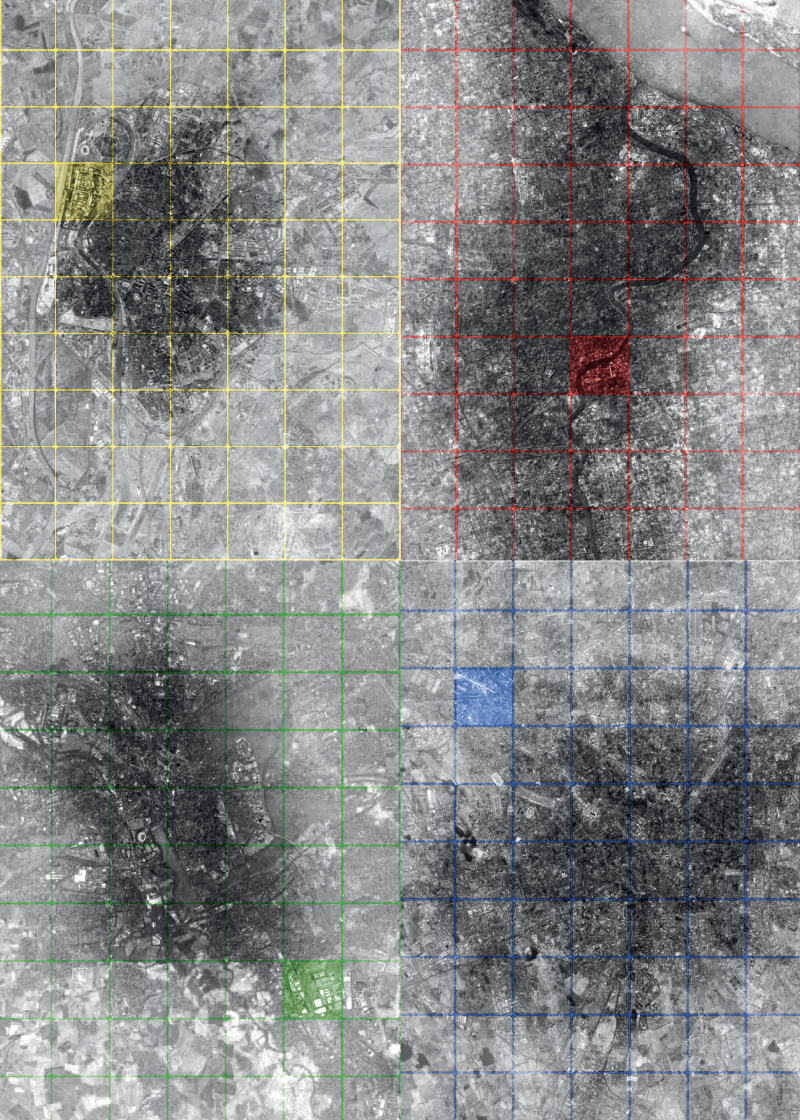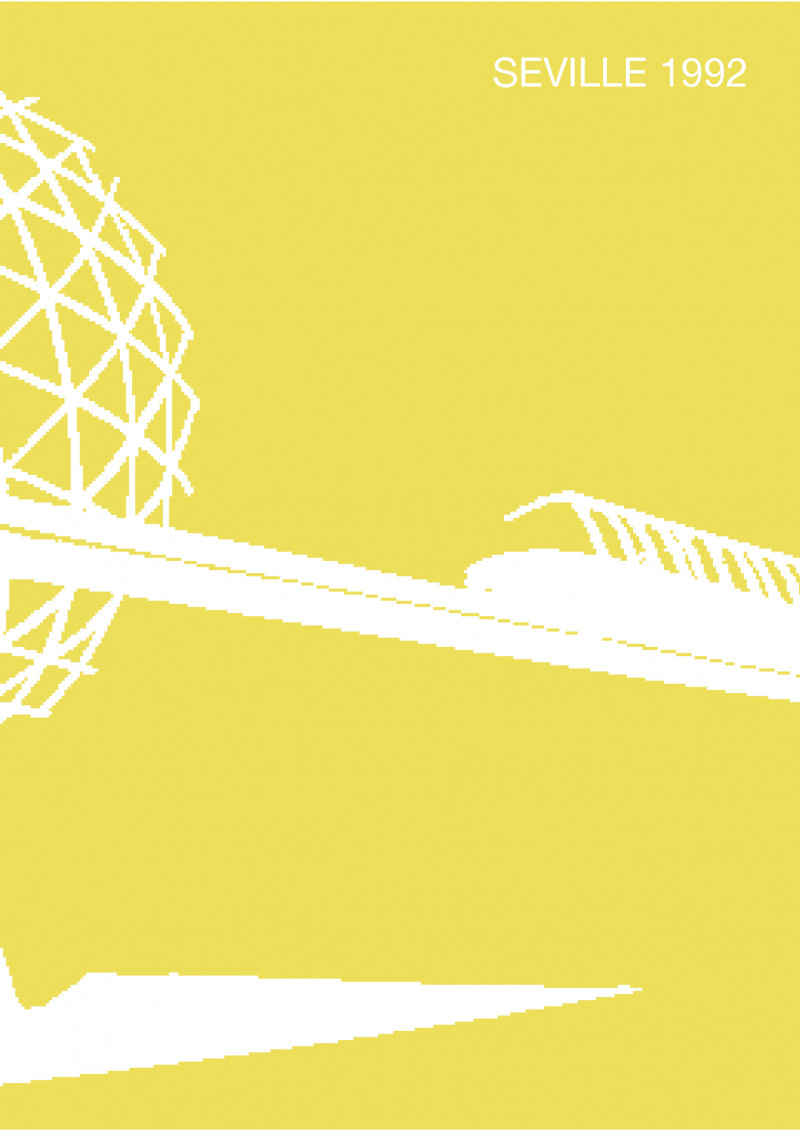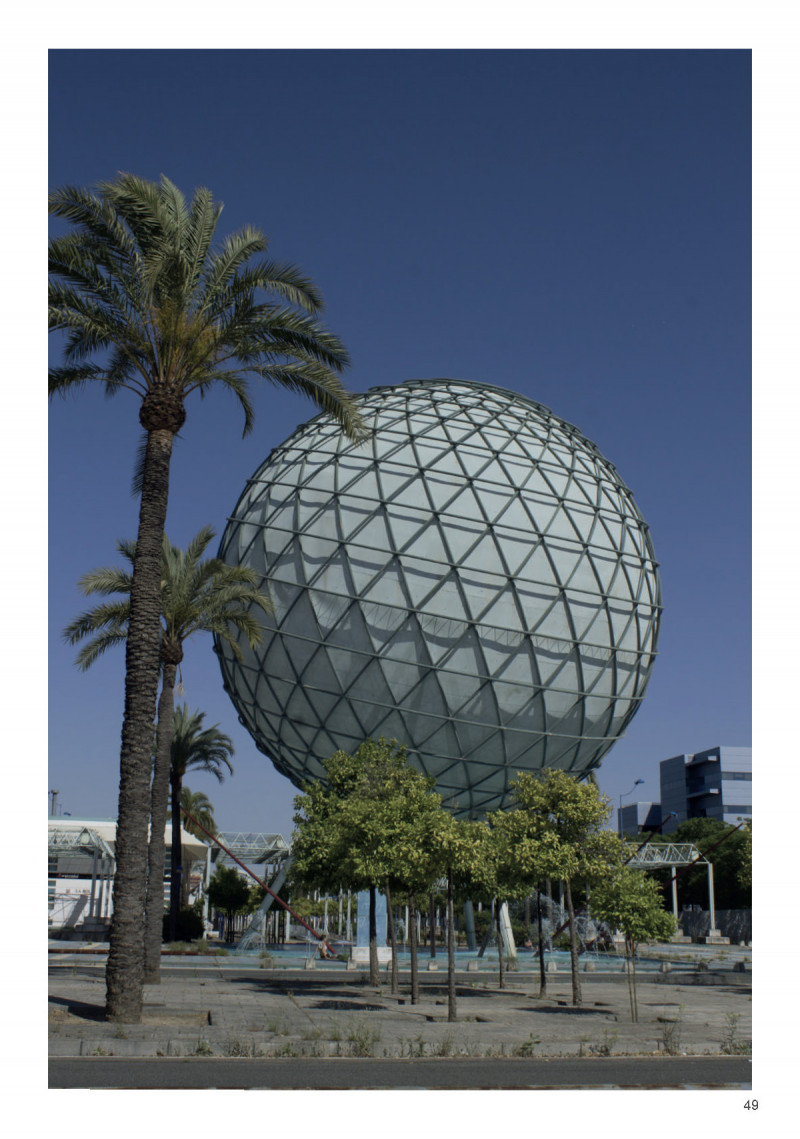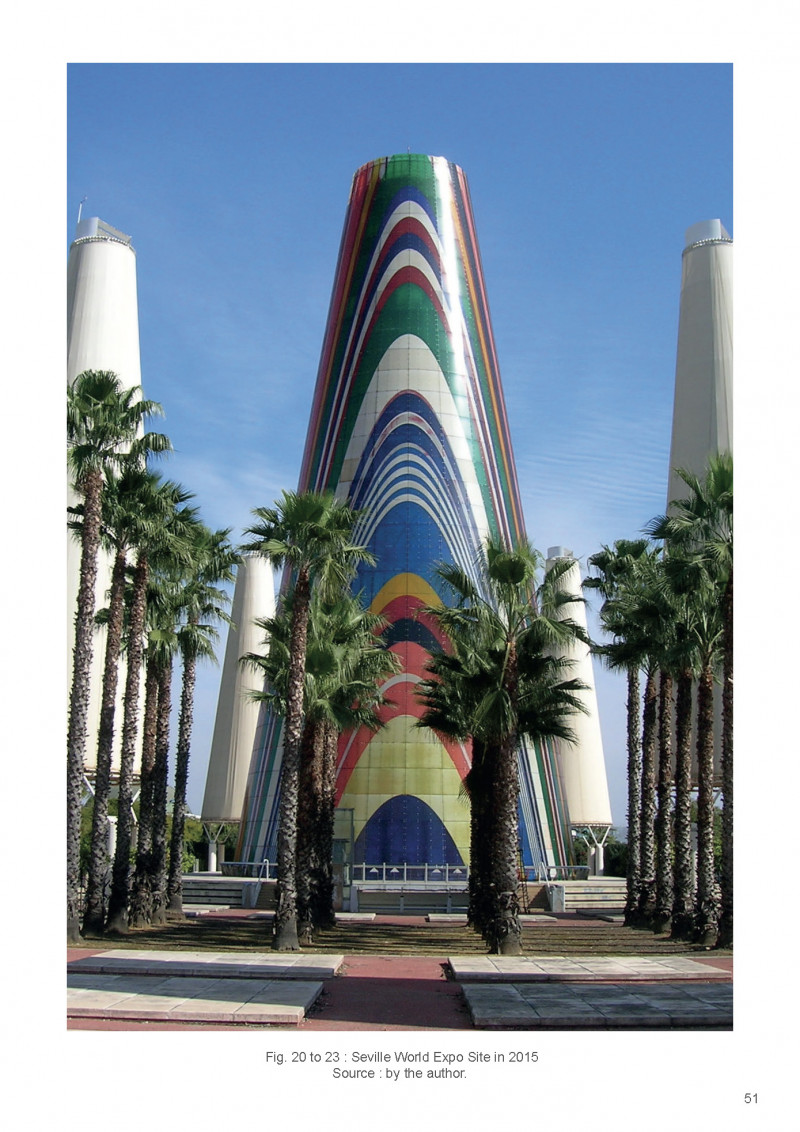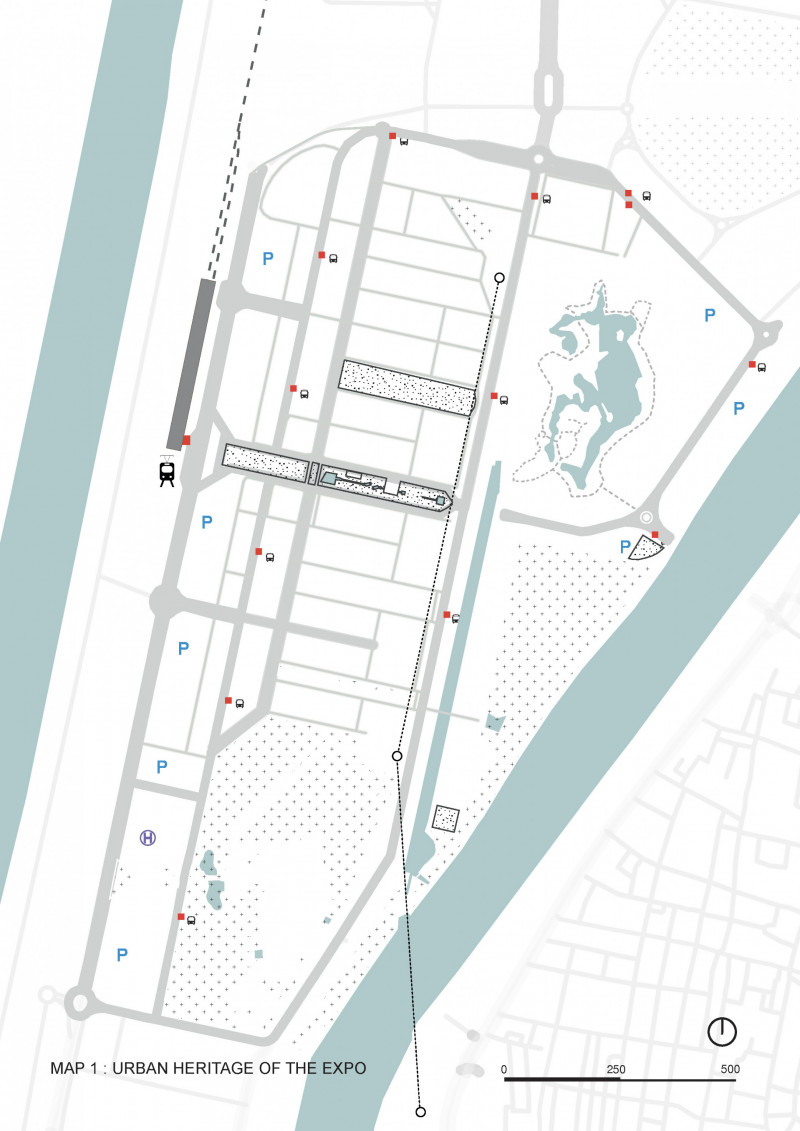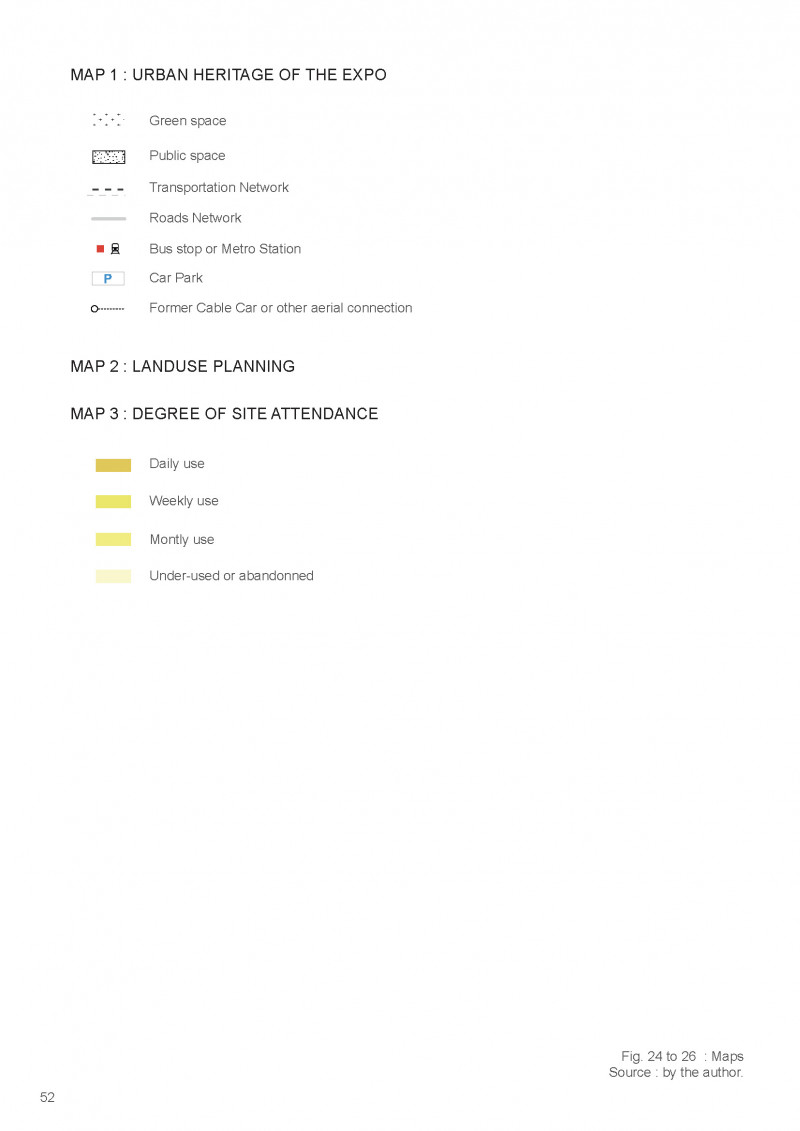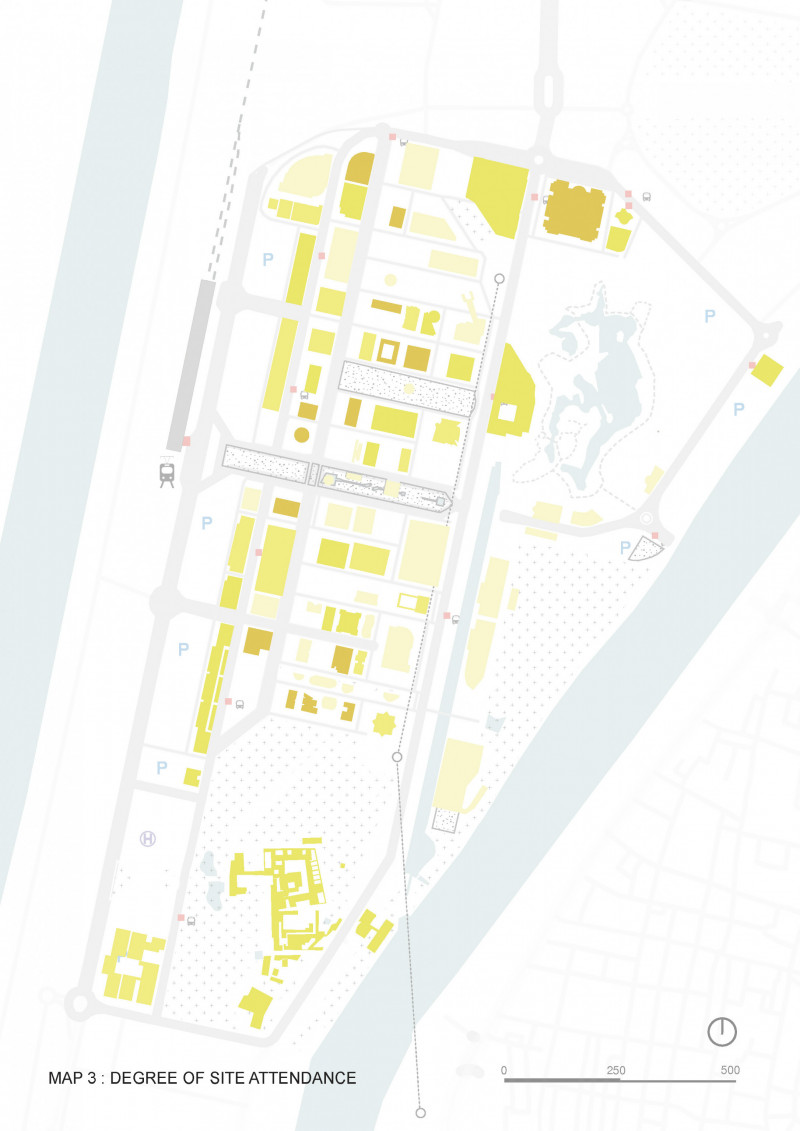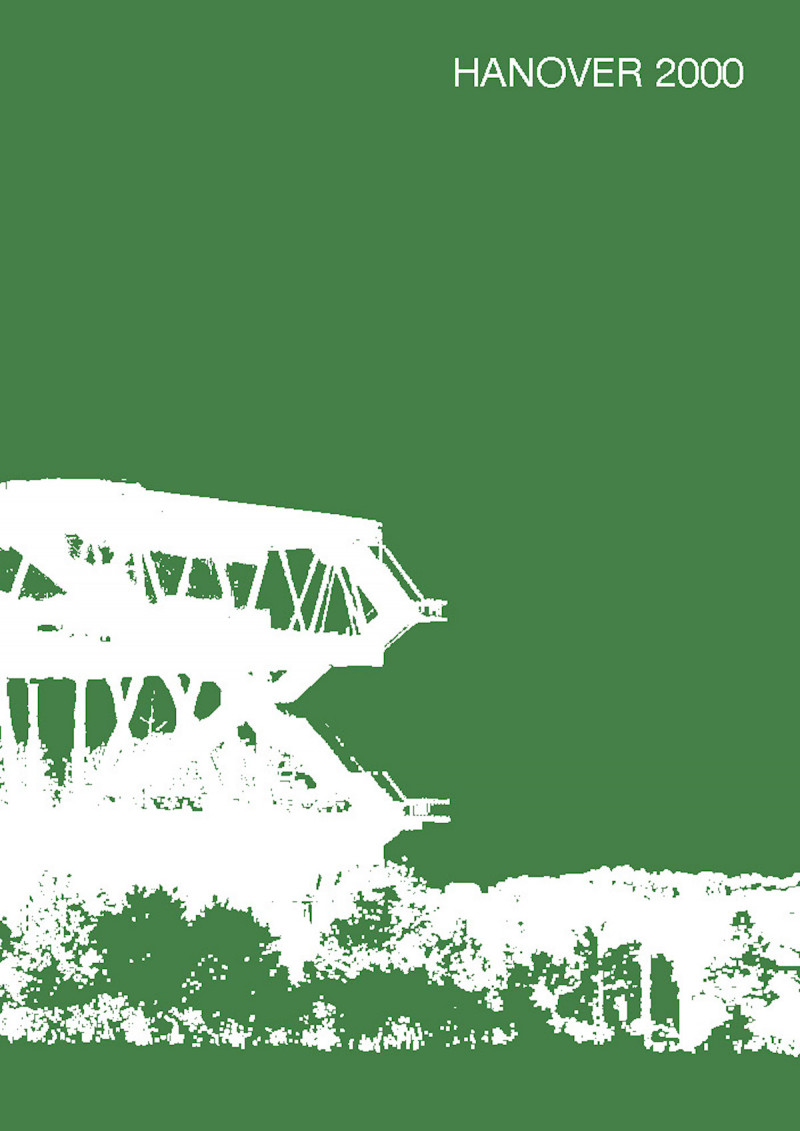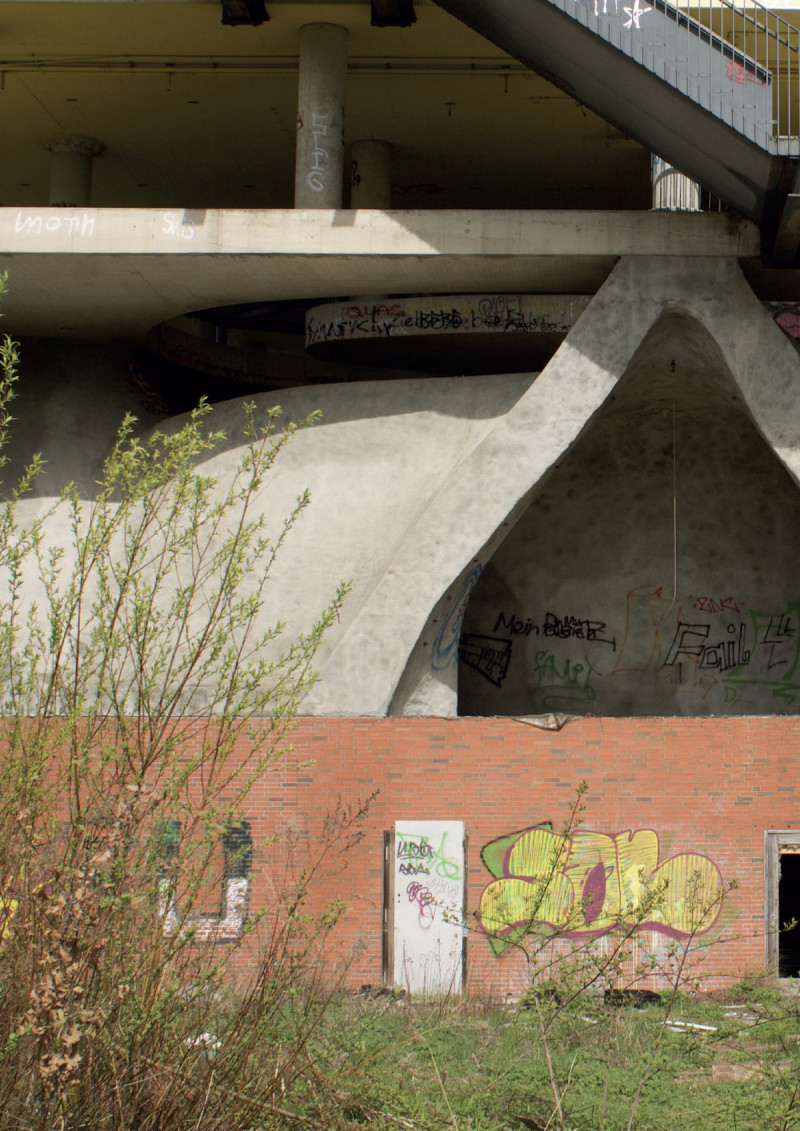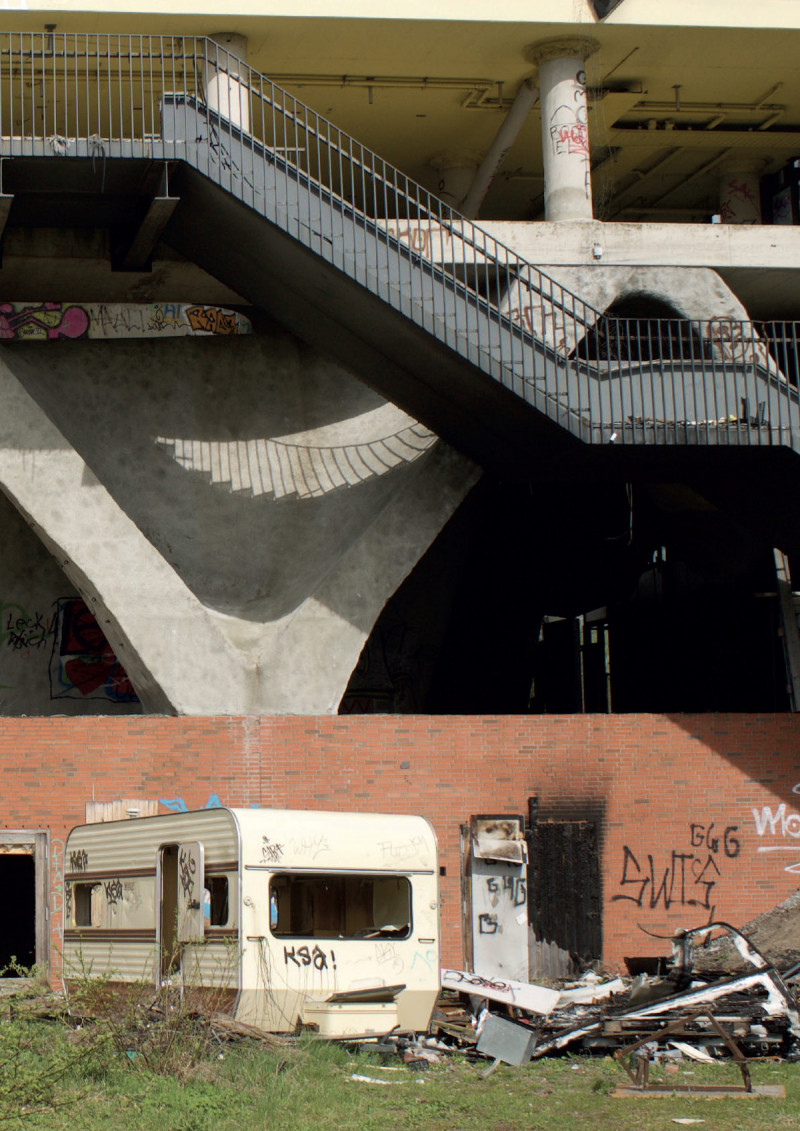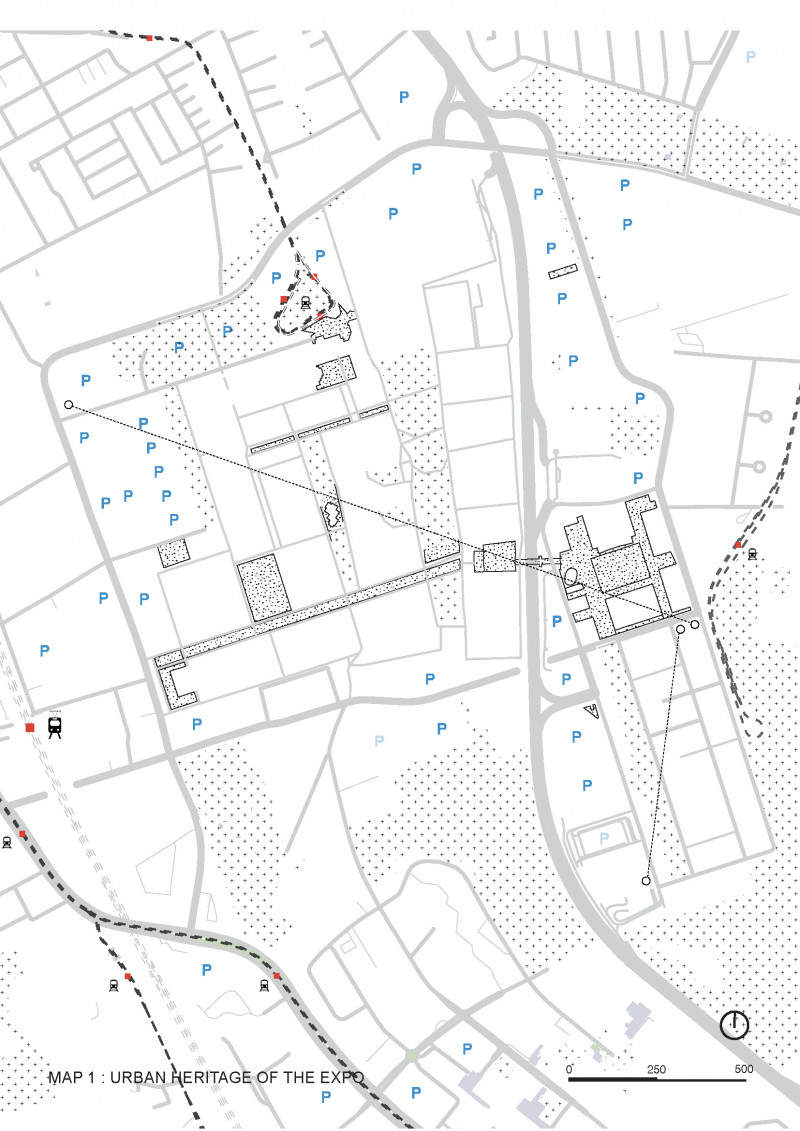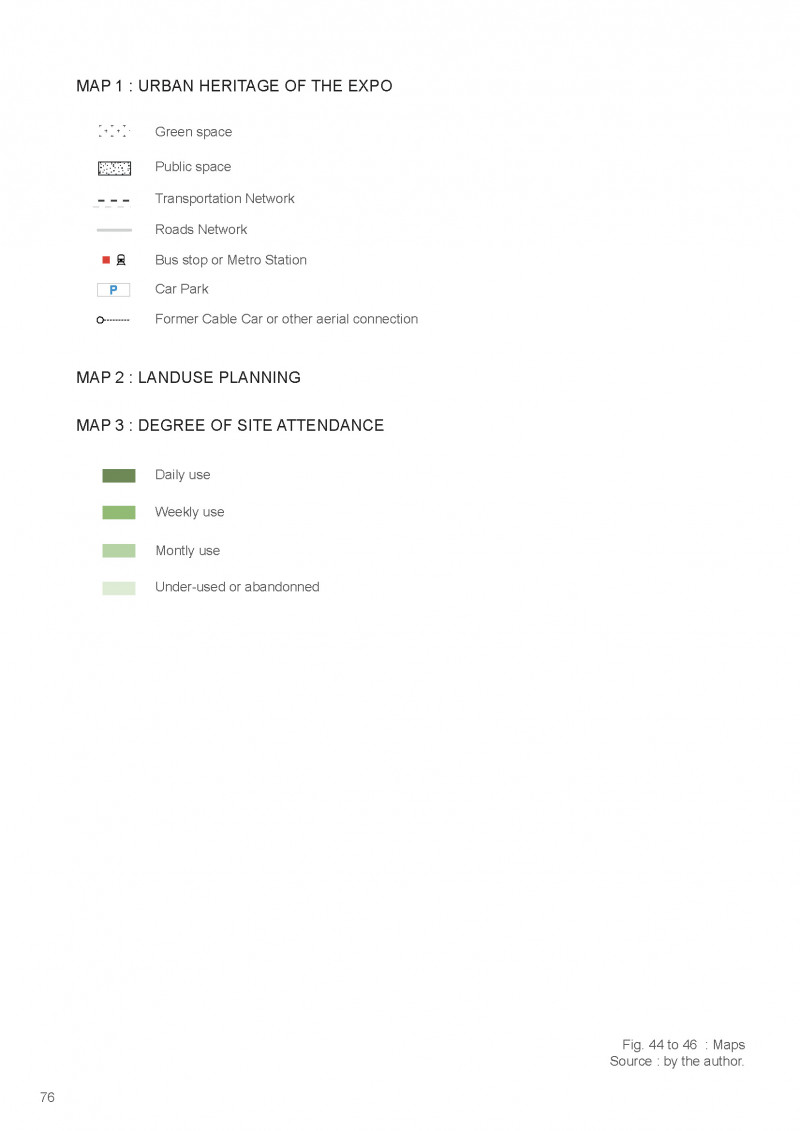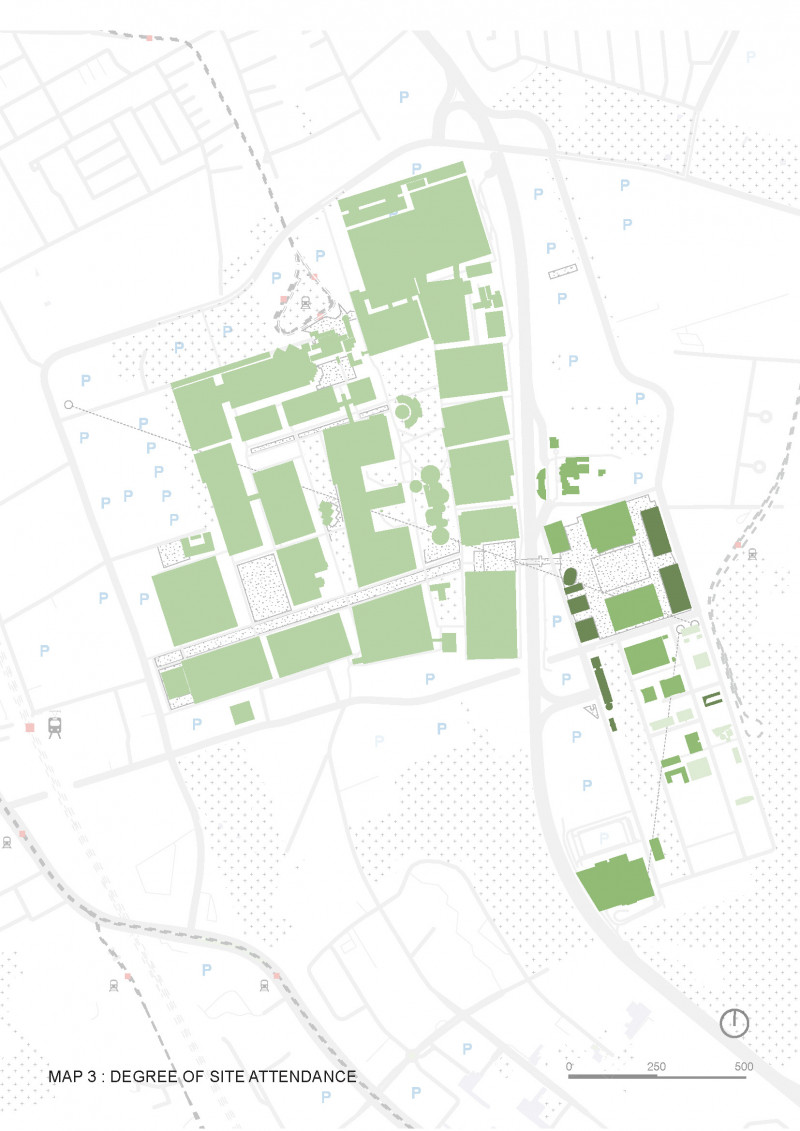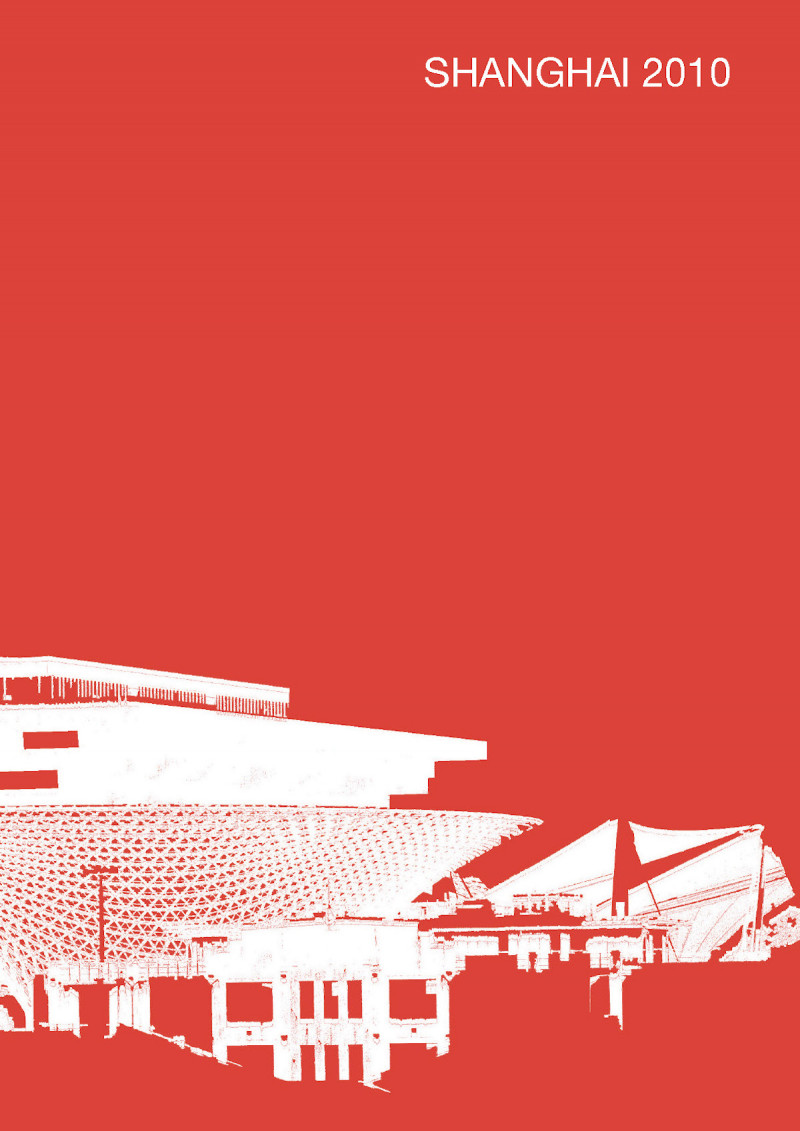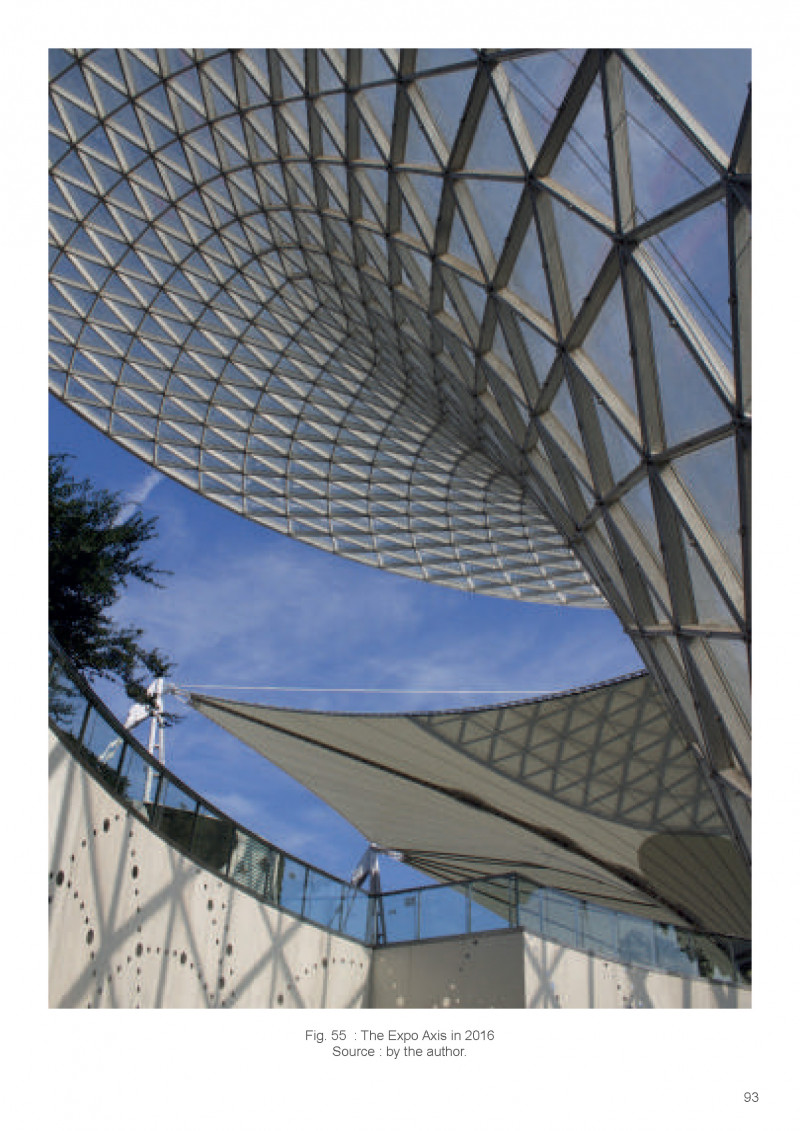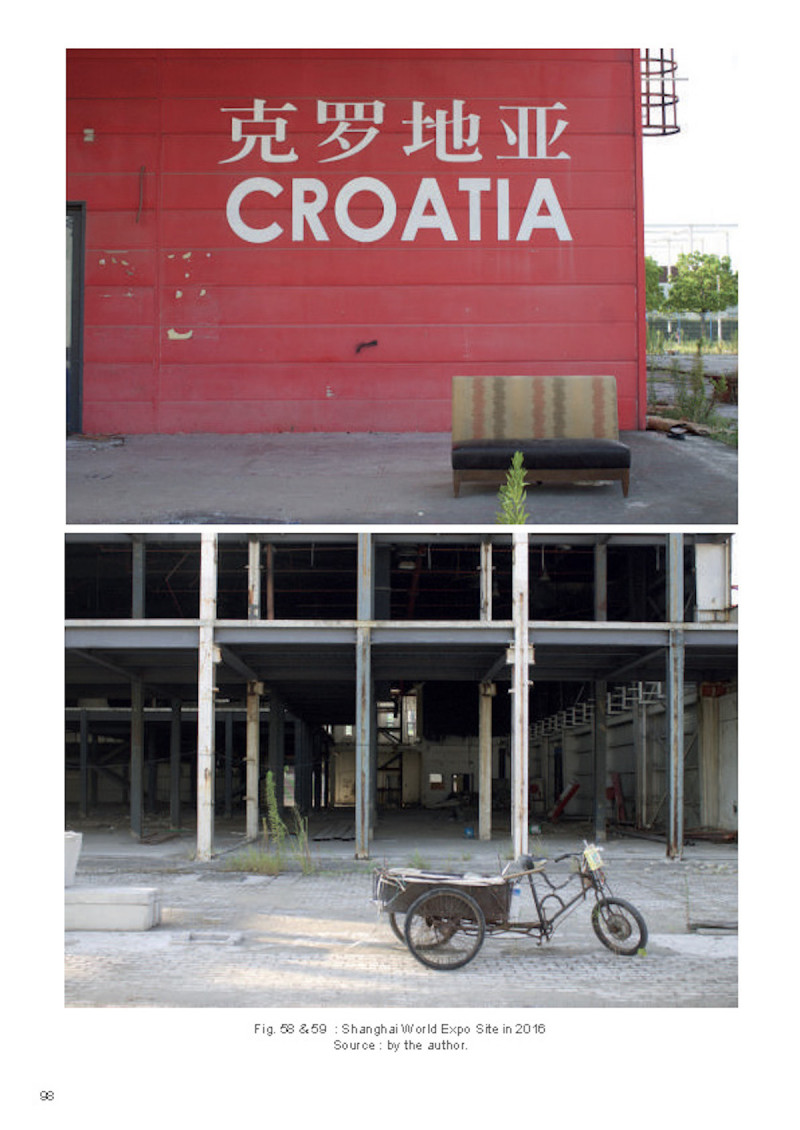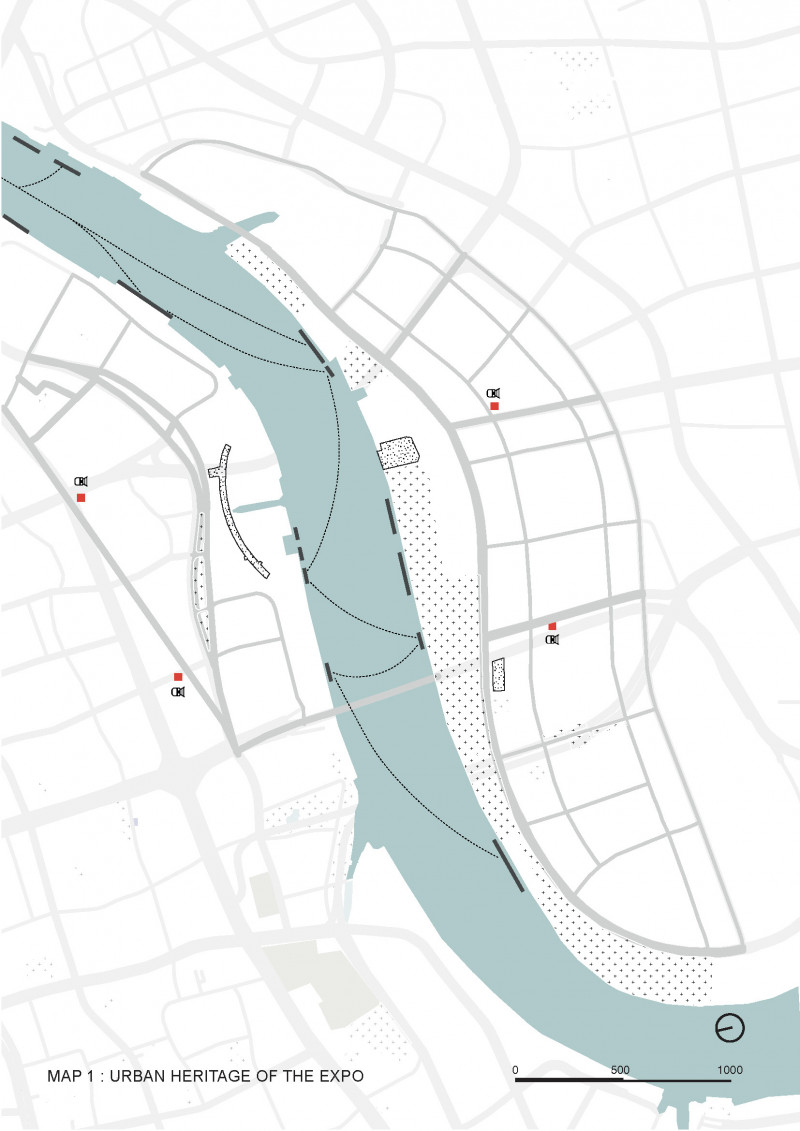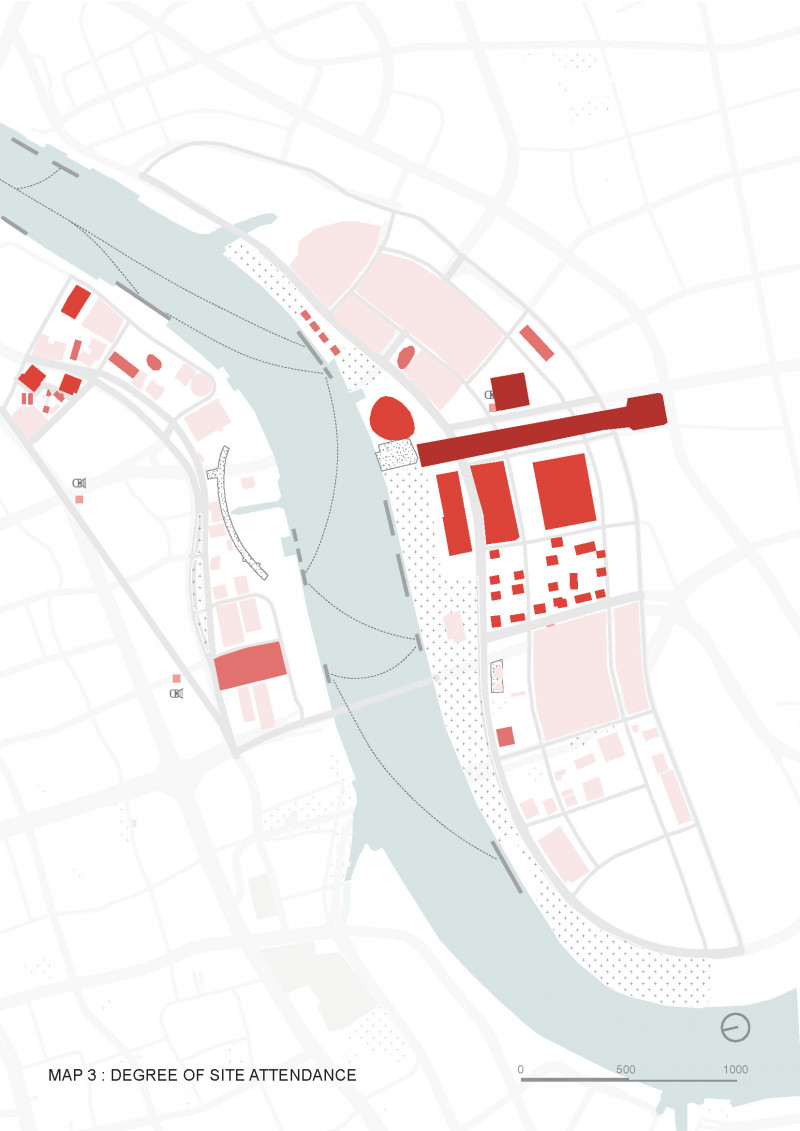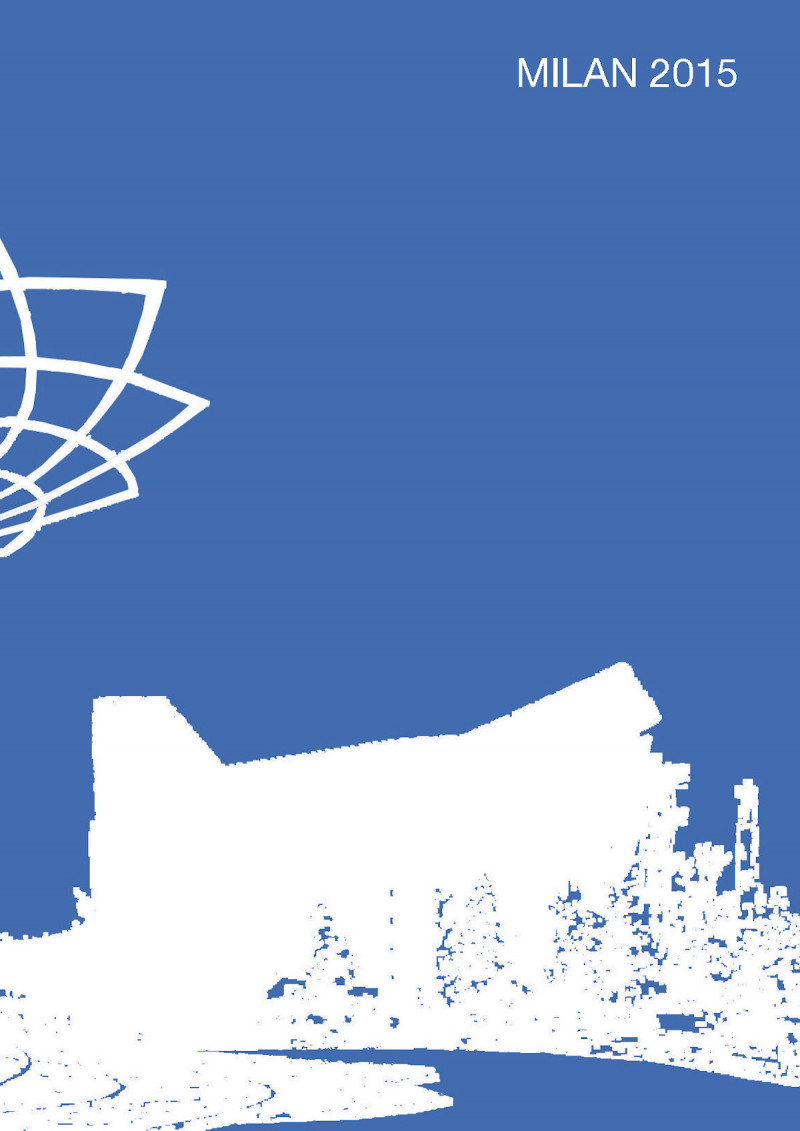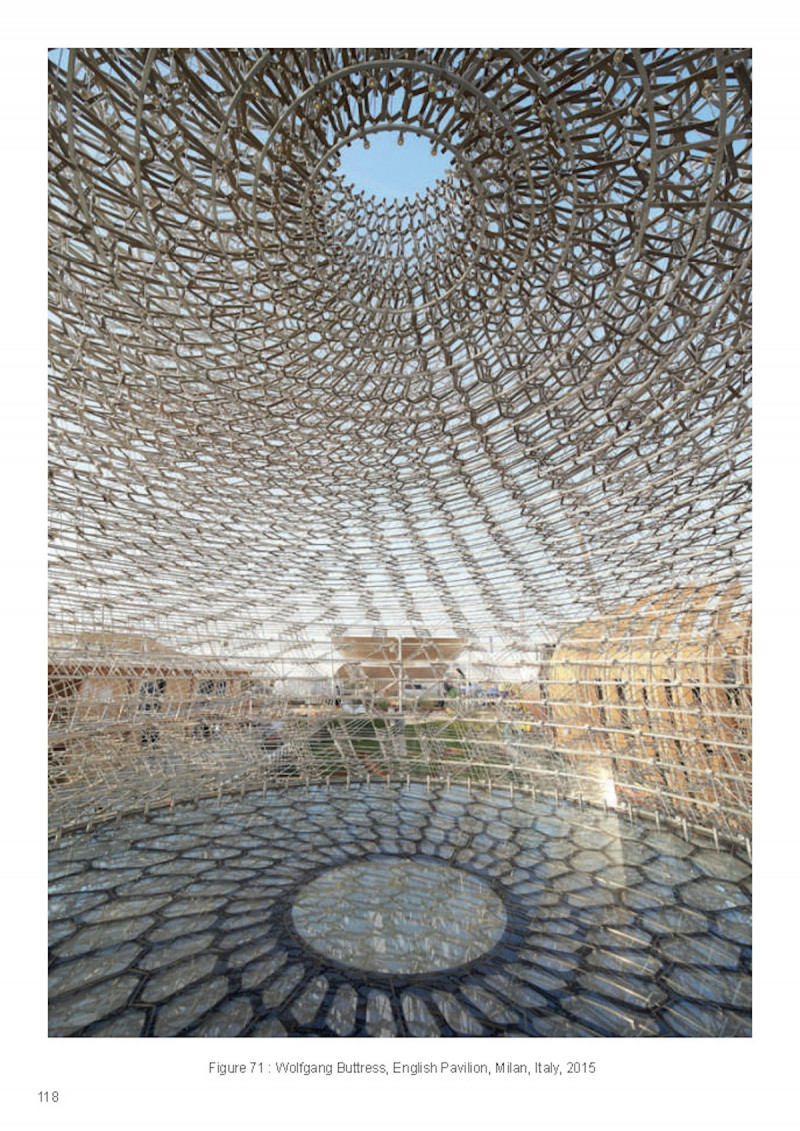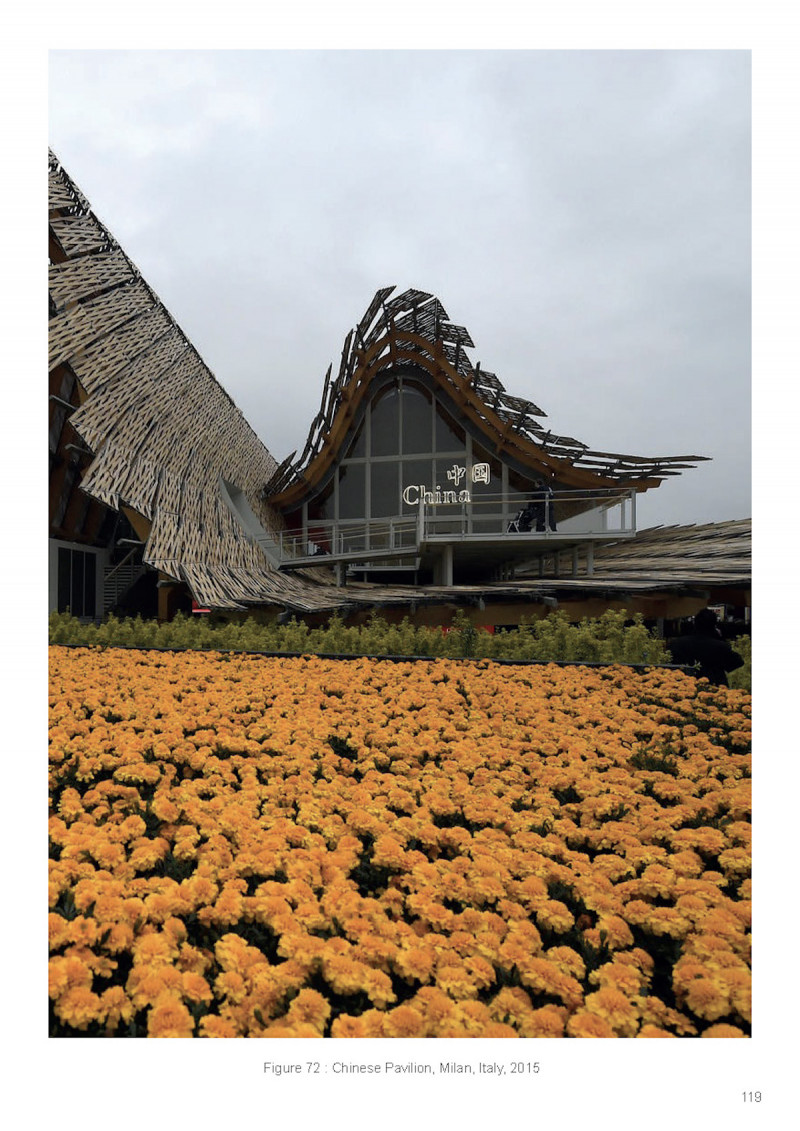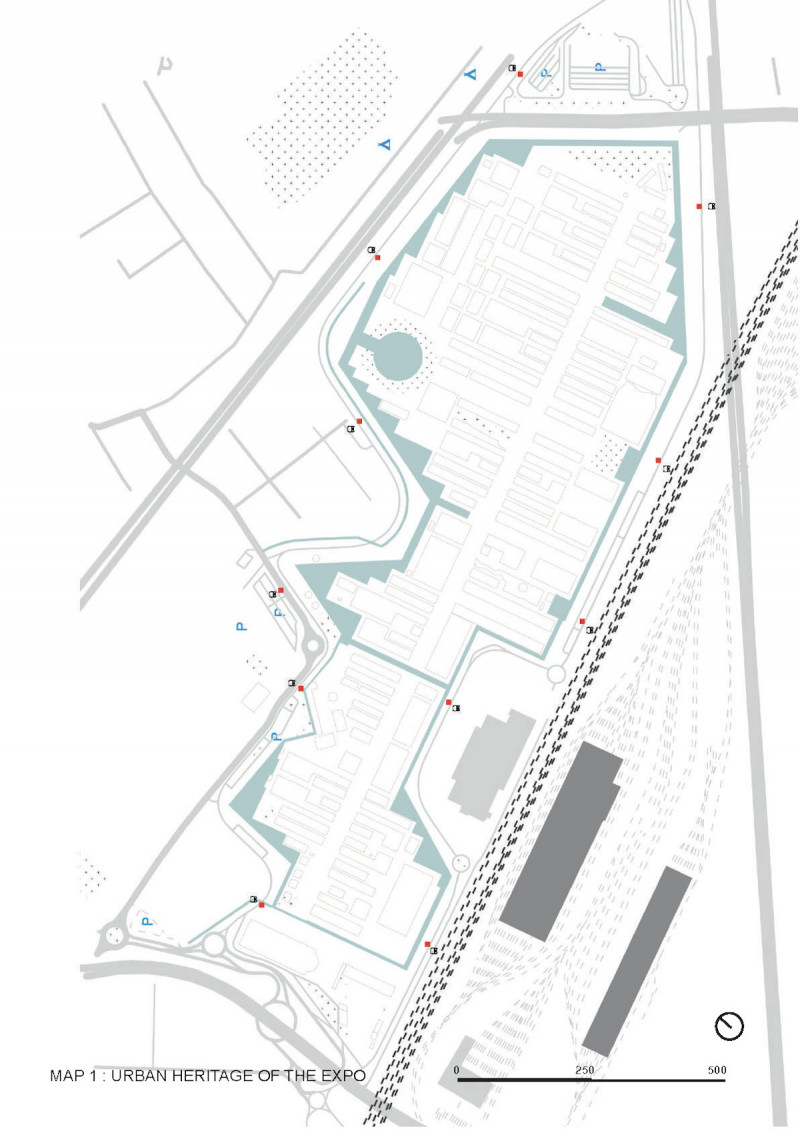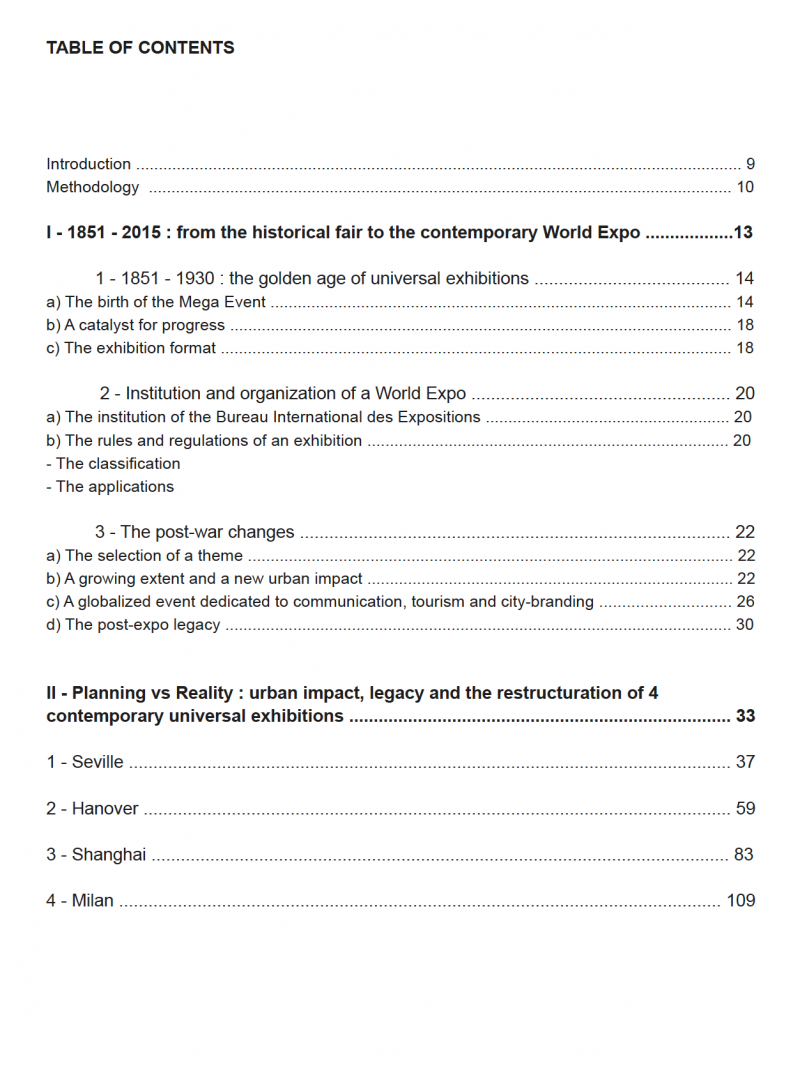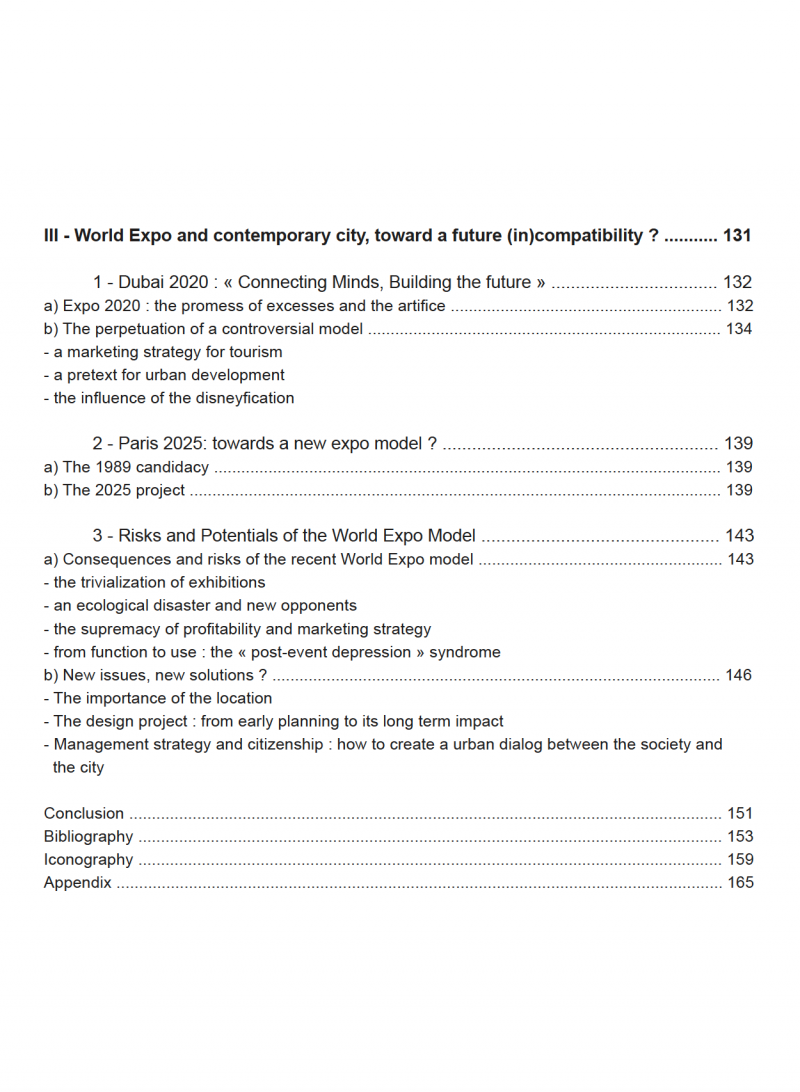Post-Event City : The Search for Urbanity
World Expo, Olympic Games, world cups, capitals of culture ... In our globalized world, welcoming such an event has become an essential step in the shaping of contemporary cities.
Behind festive aspects, popular gathering and crowd entertainment, contemporary exhibitions are one of the mechanisms employed to accelerate the (re)definition and transformation of a city. As a result, World Expos became more and more popular worldwide as a real generator of urban space and a new tool for urban development.
In the last 25 years, those globalised events, organized according to a multi-scale spatial strategy, took a new extent for the host cities. Organized following a multi-scale strategy, Expos aims to invest and improve the metropolitan urban space and allows the city to acquire a new status on the international stage.
With the growth of the event new questions arise about the coherence of the World Expo model and its compatibility with the stakes in the contemporary city : Do the universal exhibitions create the city? Can an event of this magnitude lead to a sustainable space and strategy for the host-city? After an historical overview of the Expo model, then , the research focuses on 4 cities who hoste World Expo between 1992 and 2015. Each case study is analysed following the 3 mains time of each event : before, during, and after the World Expo.
Finally, this study presents the further candidacy and events to come, using the past examples to highlight the strengths and weaknesses of the actual World Expo system.
Through the different examples, the purpose of this thesis is to analyze the host-cities’ abilities to deal with the post-expo period. Other than the various infrastructures, such as airports, hotels and transportation systems the event leaves, there is also a gigantic site, which is hard to redevelop, sometimes isolated or disconnected from the city. This major reconversion represents the key to make the World Expo model sustainable and coherent with our modern cities.




